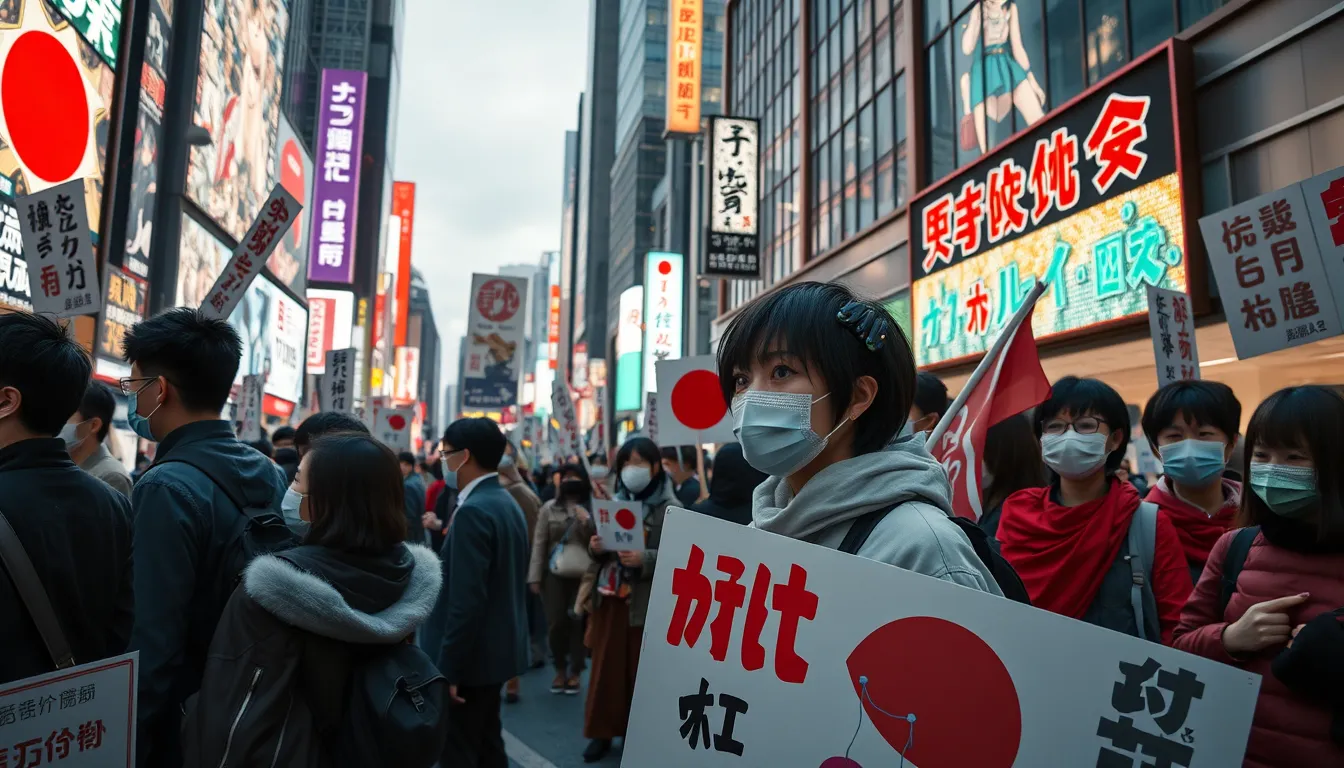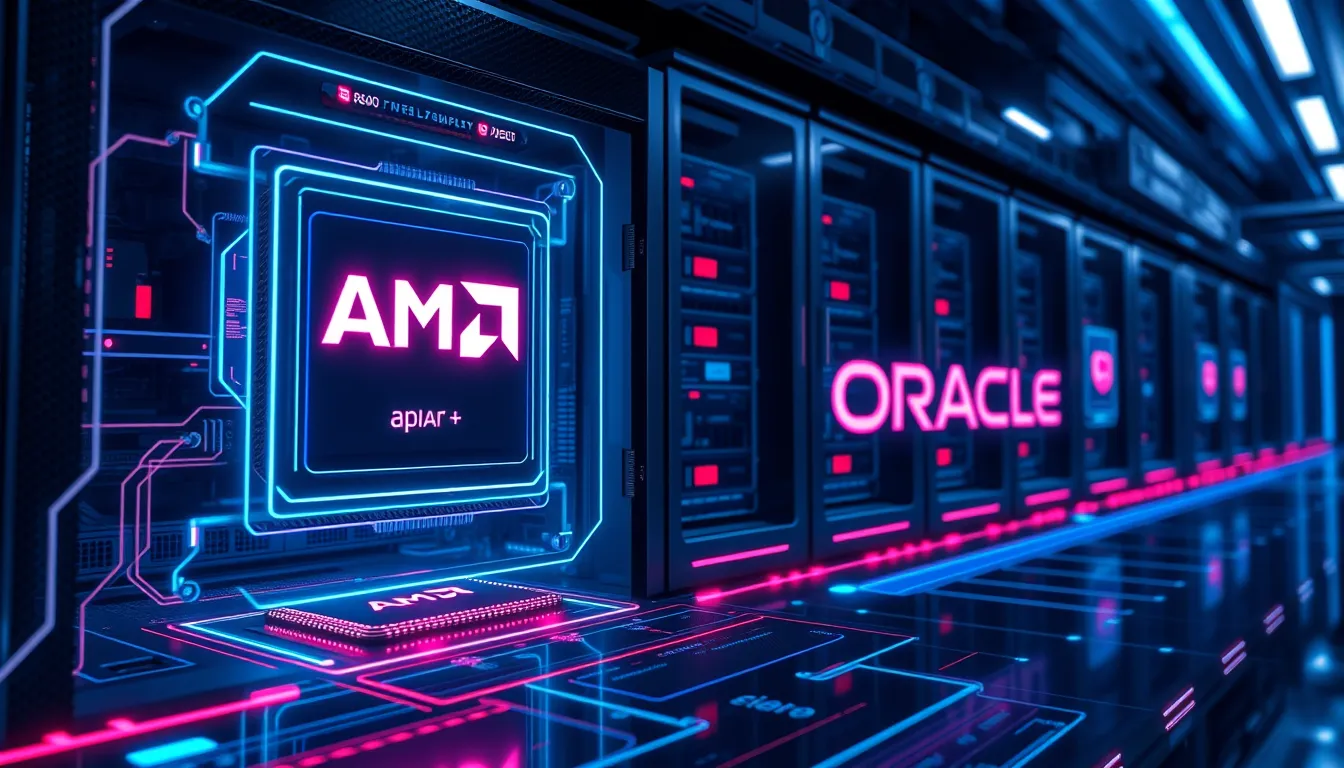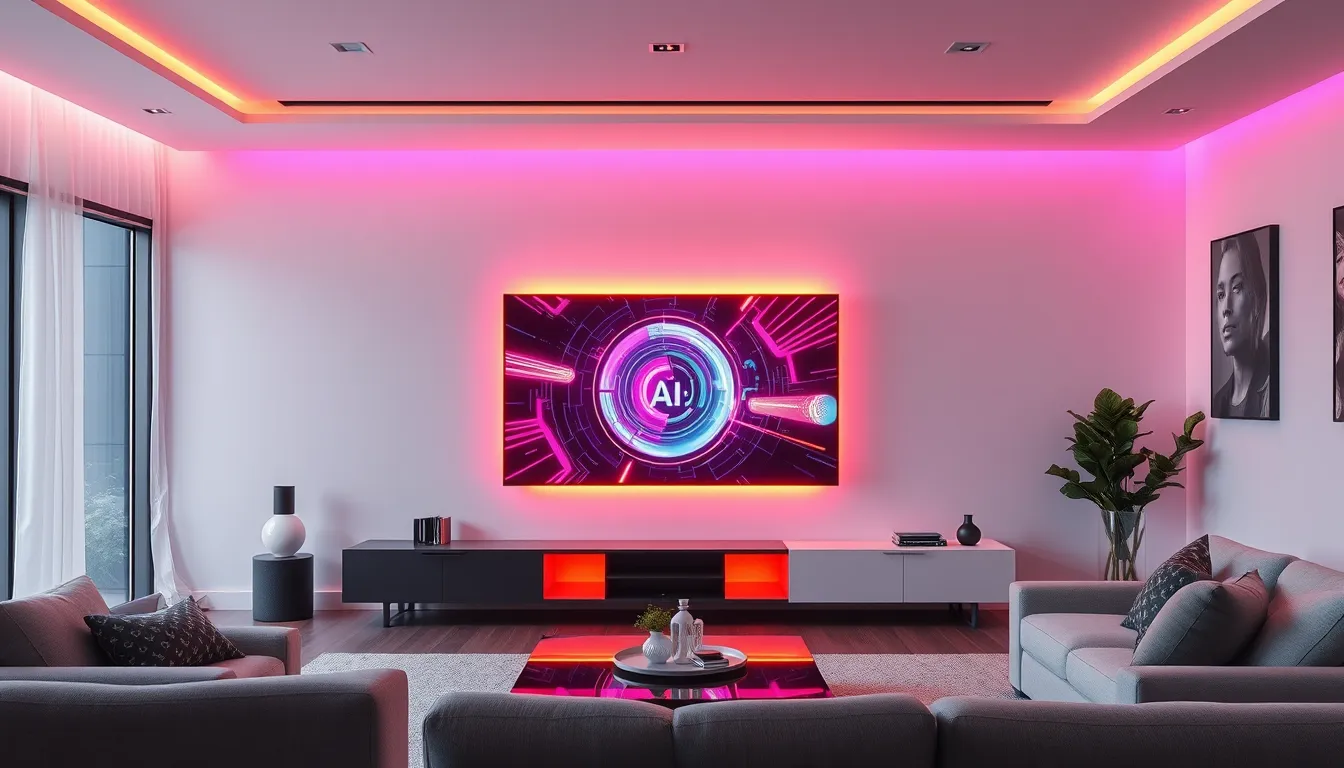Now Reading: OpenAI Manga Controversy: Protecting Japanese IP
-
01
OpenAI Manga Controversy: Protecting Japanese IP
OpenAI Manga Controversy: Protecting Japanese IP

OpenAI Manga Controversy: Protecting Japanese IP
The rapid advancements in artificial intelligence have brought forth unprecedented challenges and debates in the creative world. A prime example is the OpenAI manga controversy, where concerns over Japanese intellectual property rights have taken center stage. This article explores the multifaceted issues surrounding this debate, examines the risks associated with AI-generated content, and discusses measures to safeguard Japan’s unique artistic heritage.
The Genesis of the OpenAI Manga Controversy
In recent months, Japanese authorities and cultural institutions have raised alarms about what they see as the unauthorized use of manga and anime by advanced AI systems. The controversy stems from allegations that OpenAI, among other tech companies, has been leveraging vast digital archives without proper licensing or compensation. The heart of the matter is the need to protect Japanese intellectual property rights while fostering technological innovation.
Key points include:
- Concerns about dilution of original artistic content
- Risks associated with AI-generated content and cultural appropriation
- Calls for stricter licensing agreements and digital copyright safeguards
As discussions intensify, the OpenAI manga controversy has become a focal point. The community is demanding that tech companies like OpenAI revisit their data sourcing practices, ensuring that the creative contributions of Japanese artists are recognized and protected.
Digital Copyright and AI-Generated Content Risks
The advent of AI in content creation has opened up both opportunities and risks. One of the pressing issues is the question of digital copyright in AI-generated art. Traditional copyright laws were not designed with large-scale data mining and algorithmic art production in mind, leading to significant legal ambiguities.
Several risks are associated with AI-generated content:
- Unauthorized Use: The OpenAI manga controversy highlights how AI can extract and repurpose iconic styles without clear consent from original creators.
- Devaluation of Artistic Value: When AI systems replicate creative expressions, the economic and cultural value of the original work can be undermined.
- Cultural Appropriation: The controversy also touches on deeper issues of cultural appropriation in AI, where algorithms might replicate culturally significant elements without proper acknowledgment.
For additional context, consider reviewing the guidelines provided by the Japan Patent Office which outline the use and protection of intellectual property rights in digital spaces.
Legal and Cultural Implications
The OpenAI manga controversy serves as a pivotal case study in understanding the intersection of law, technology, and culture. As traditional legal frameworks strain to keep up with rapid technological advancements, several legal and cultural implications emerge:
- Legal Precedents: This case could set new precedents regarding the enforcement of intellectual property rights for AI-generated content.
- Economic Impact: The enforcement of stricter licensing can ensure that artists and creators receive due economic rewards, preserving the viability of Japan’s creative industries.
- Cultural Preservation: Recognizing the cultural significance embedded in manga and anime is crucial. The debate underscores the importance of protecting not just the economic interests but also the cultural identity of a nation.
Authorities and industry experts are pushing for regulatory reforms. They stress the need for collaborative efforts between government entities and tech companies to develop systems that respect and preserve cultural heritage. Companies like OpenAI are under mounting pressure to implement transparent data sourcing practices that honor Japanese creative contributions.
Recommended Measures to Address the Controversy
Addressing the OpenAI manga controversy involves a combination of legal reforms, ethical guidelines, and technological adjustments. Experts suggest several measures that can help in resolving these issues:
- Implement Comprehensive Licensing Agreements: Before using any artistic content, tech companies should secure appropriate licenses that compensate original creators fairly.
- Enhance Transparency in Data Sourcing: OpenAI and similar organizations need clear policies detailing where and how data is sourced. This ensures accountability and builds trust with cultural stakeholders.
- Foster Cross-Sector Collaborations: The tech industry, legal experts, and cultural advocates must work together to draft policies that balance innovation with cultural sensitivity.
- International Regulatory Frameworks: Facilitating dialogue on global intellectual property norms can help streamline processes and minimize conflicts over digital content usage.
By following these recommendations, stakeholders can address the core issues of the OpenAI manga controversy and set a standard for responsible AI use in creative industries.
The Future of AI and Cultural Artistic Rights
Looking ahead, the evolution of AI will continue to challenge existing intellectual property laws and cultural norms. The OpenAI manga controversy is not an isolated incident but part of a broader discourse on how technology interacts with culture. As AI systems become more sophisticated, they will increasingly influence how art is created, distributed, and monetized.
For a balanced future, it is essential to:
- Maintain robust copyright enforcement while promoting innovation
- Develop adaptive legal frameworks that reflect the digital age
- Respect and value the cultural heritage embedded in artistic works
Conclusion
In conclusion, the OpenAI manga controversy is a complex issue that encapsulates the challenges at the intersection of AI, culture, and law. With mounting concerns over Japanese intellectual property rights and the broader implications of digital copyright in AI, stakeholders must act swiftly to ensure a fair and respectful balance between technological progress and artistic heritage. As this debate unfolds, it is crucial for both tech innovators and cultural custodians to work collaboratively towards systems that protect creative rights while embracing the transformative potential of artificial intelligence.
OpenAI, along with other tech companies, faces increasing pressure to revise its methods and implement responsible practices. With the right reforms and collaborative efforts, it is possible to create an environment where technological innovation and cultural preservation go hand in hand, ensuring that the rich legacy of manga and anime continues to thrive for generations to come.
For more information on responsible AI practices, visit OpenAI’s official website and stay updated on developments in cultural intellectual property rights.

























